 BALTIMORE — One brother was convicted and the other was exonerated in the 2010 beating of a black teenager they encountered while patrolling as watch volunteers in their Orthodox Jewish neighborhood.
BALTIMORE — One brother was convicted and the other was exonerated in the 2010 beating of a black teenager they encountered while patrolling as watch volunteers in their Orthodox Jewish neighborhood.
Judge Pamela White ruled from the bench May 3 in the case of Eliyahu and Avi Werdesheim, 24 and 22. They opted for a bench trial after withdrawing a motion to move their trial because of publicity comparing their case to the fatal shooting of Miami Gardens teen Trayvon Martin.
Both were charged with false imprisonment, second-degree assault and carrying a deadly weapon with intent to injure. The judge found Eliyahu not guilty of the weapon charge and cleared Avi on all three.
They had no visible reaction when the verdict was read, though Eliyahu's wife ran from the courtroom in tears. They could have faced up to 13 years if convicted on all three charges.
Prosecutors said the brothers attacked the teen, hitting him with a radio and holding him on the ground. Eliyahu testified that he acted in self-defense when the teen attacked him with a nail-studded plank and said his brother wasn't involved in the fight.
The judge rejected Eliyahu's claim of self-defense.
Assistant State's Attorney Kevin Wiggins told the judge the then-15-year-old boy lived in the neighborhood with his grandmother. He was walking to the bus stop in 2010 to meet his mother for a doctor's appointment when he noticed two men in a red sports coupe watching him.
When one of the men told the teen that he didn't belong in the neighborhood, he felt scared and armed himself with a board. The car left but came back and the teen threw down the stick as the men got out and confronted him.
The prosecutor said Eliyahu grabbed him and Avi hit him in the head, inflicting a wound that required two staples. Once a third person arrived on the scene, stepping on the teen's hand when he reached for the phone in his pocket, the Werdesheims left.
Wiggins struggled to get the now 16-year-old teen to speak on the witness stand about the incident. The emotional teen's words were inaudible and he frequently put his head down in his lap. Finally, he stood, declaring that he shouldn't have called police and he wouldn't testify anymore. The teen was excused and his testimony stricken from the record but his 911 call recording was allowed.
Sgt. John Jackson, the Baltimore police district's patrol supervisor at the time, testified that he found the teen upset, bleeding from a gash on the back of his head and disheveled with leaves and dirt on his clothes. Jackson quickly became frustrated with members of the Shomrim of Baltimore watch group, because he believed they were not being truthful.
After days of conflicting accounts from several witnesses for the state and defense, including Shomrim members, Eliyahu took the stand May 2 and related his version of events, saying that he acted in self-defense. He testified that he was headed home around midday that Friday with his brother, Avi, when he responded to a suspicious person report he heard on the Shomrim radio. He found the teen looking into windows of homes and trying the door of an SUV, he said.
Once the teen saw him, Eliyahu said he got out to explain that he was with the neighborhood watch and was keeping an eye on him because he had seen the teen walking in people's yards. Avi, who was not a Shomrim member, told the teen he belonged in school but the teen replied that he didn't have school and seemed upset, he said. The teen turned away and pulled a plank from a nearby wooden pallet, carrying it with him.
Eliyahu testified that he worried that the situation could get bad and he decided to draw on de-escalation skills he learned in the Israeli military, hoping to reassure the agitated teen that he was just a neighborhood watch member.
But when he got out of the car and began to speak, Werdesheim testified the teen sprinted at him, raising the nail-studded board. He said he couldn't run or get back in his car, so he deflected the board with his left arm and hit the teen in the head with his right hand, which still held his radio.

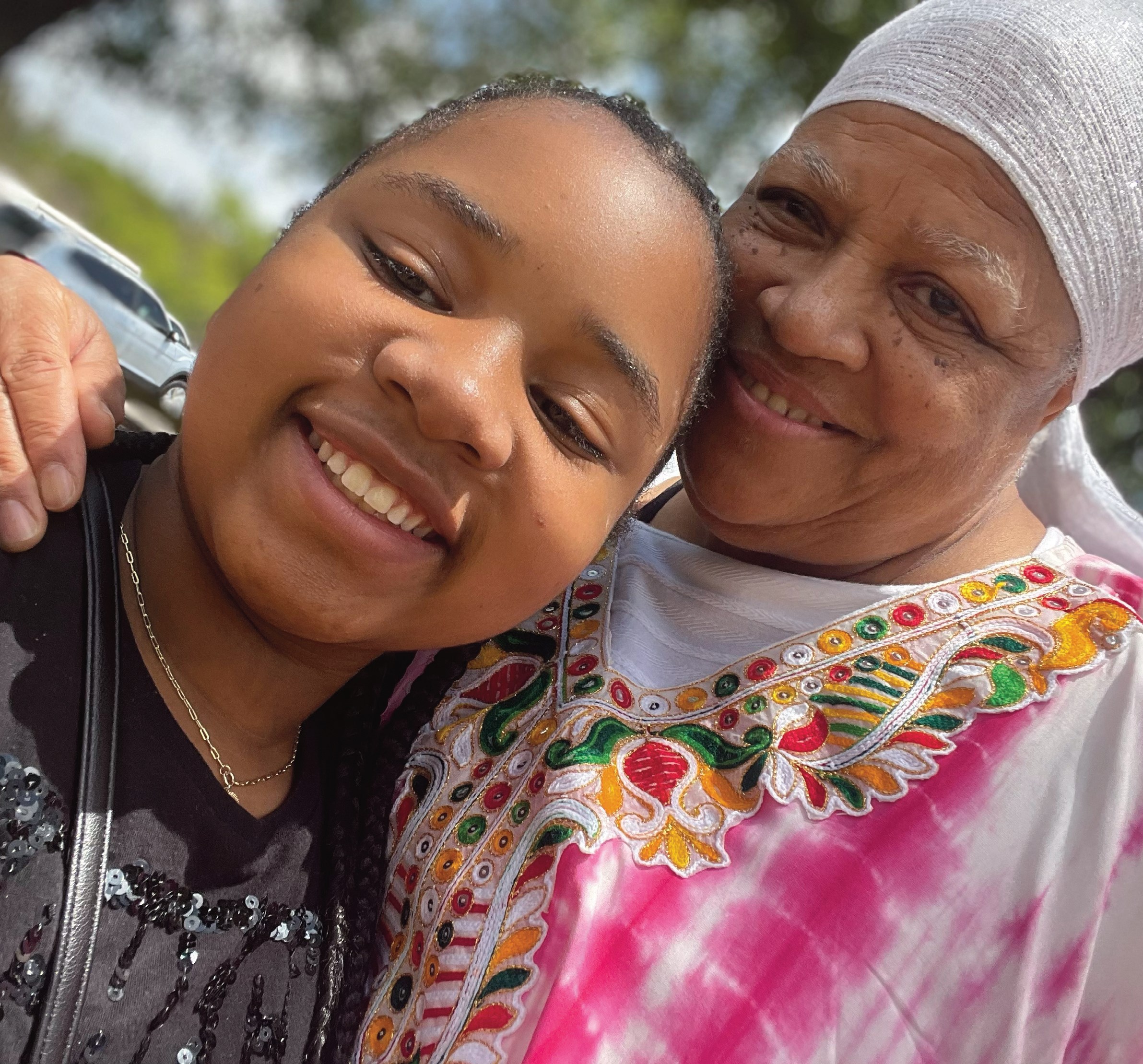
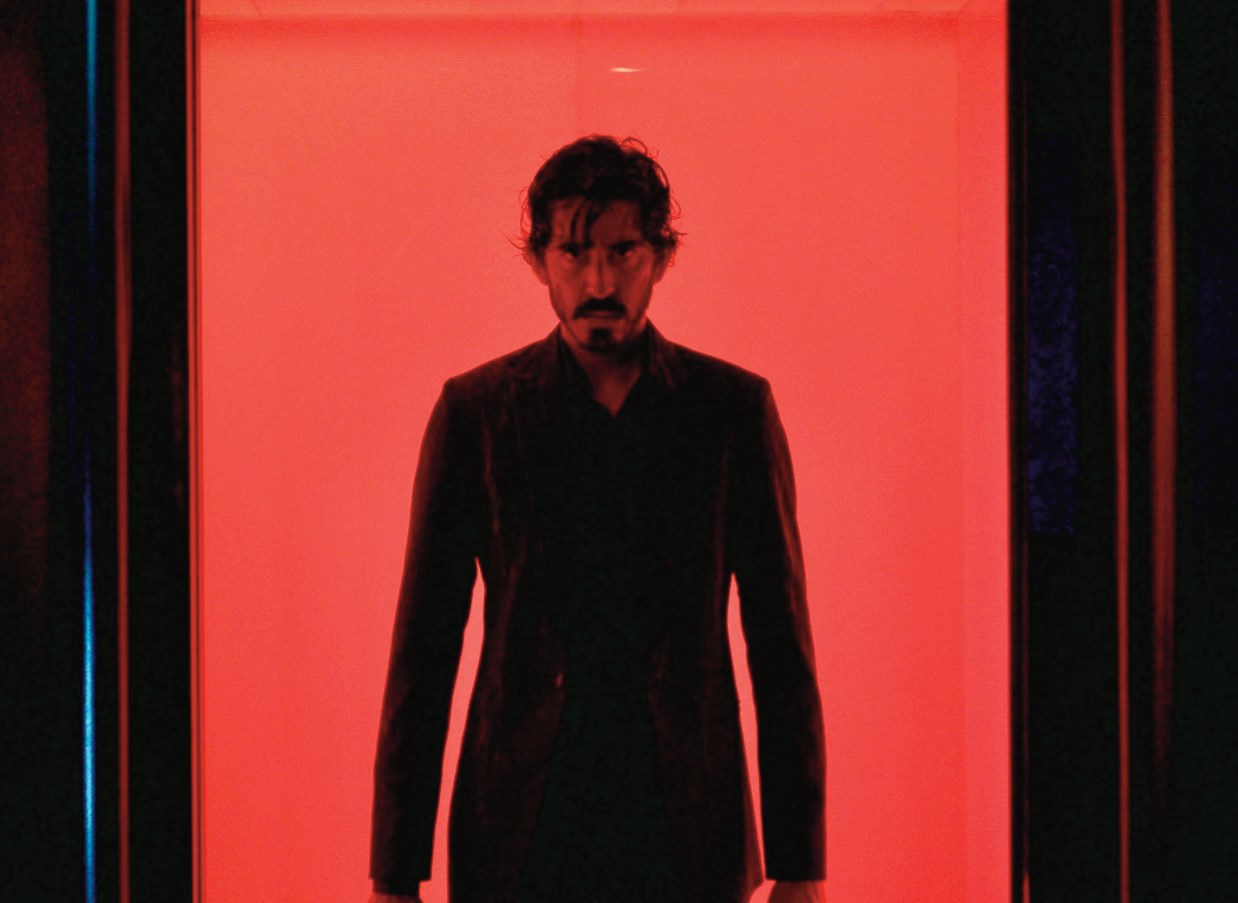
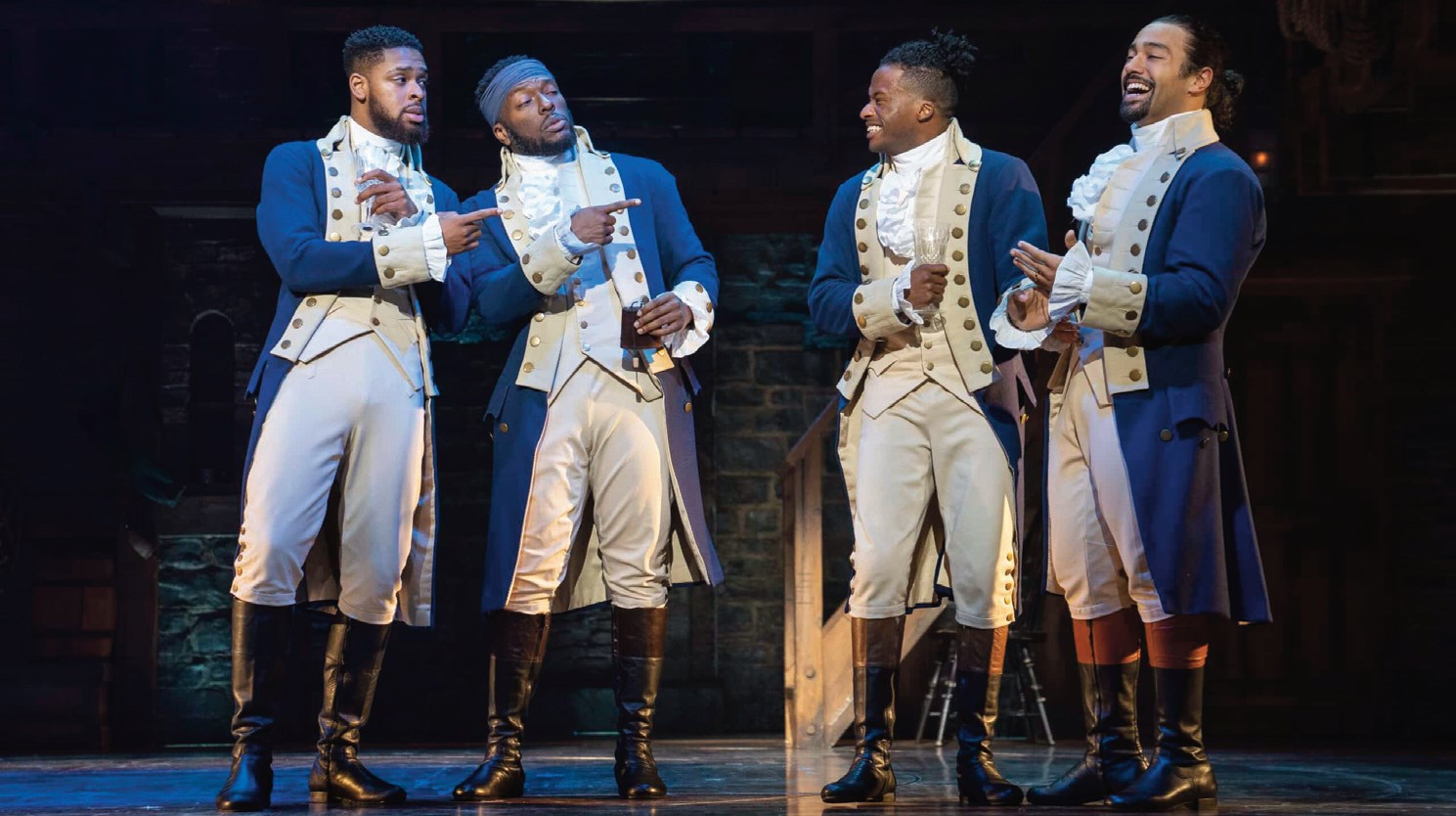
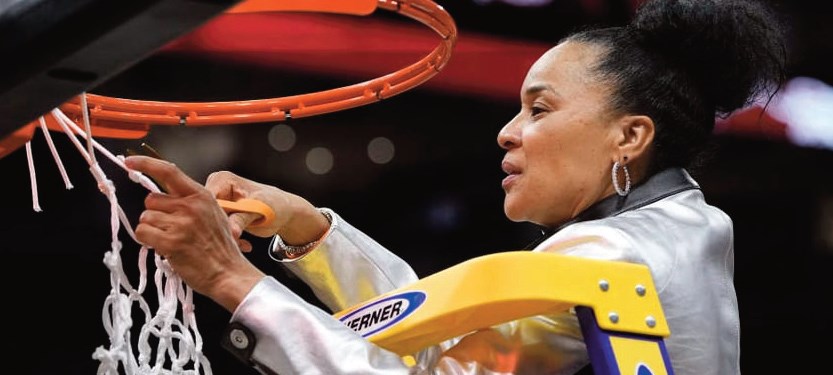

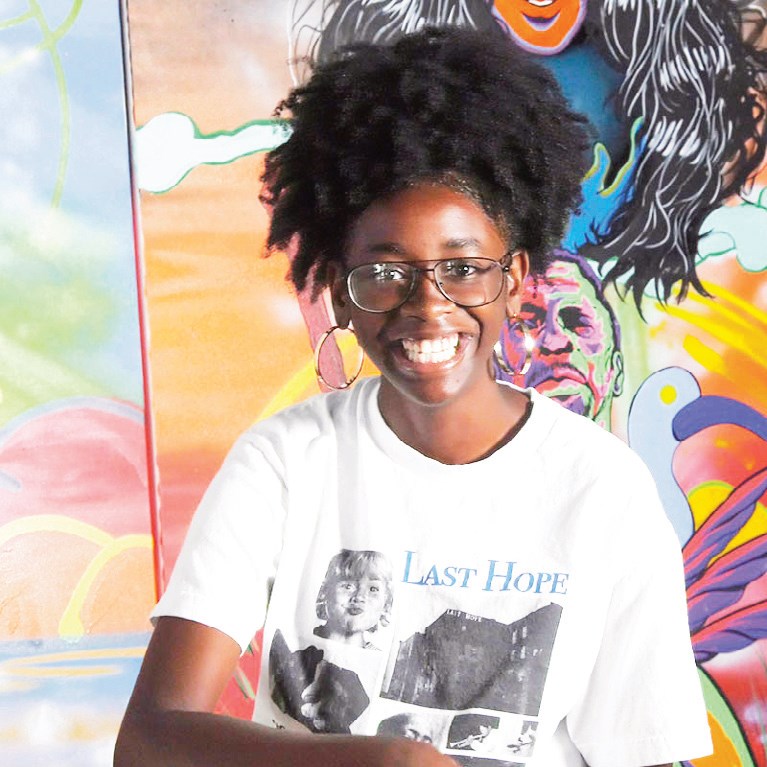
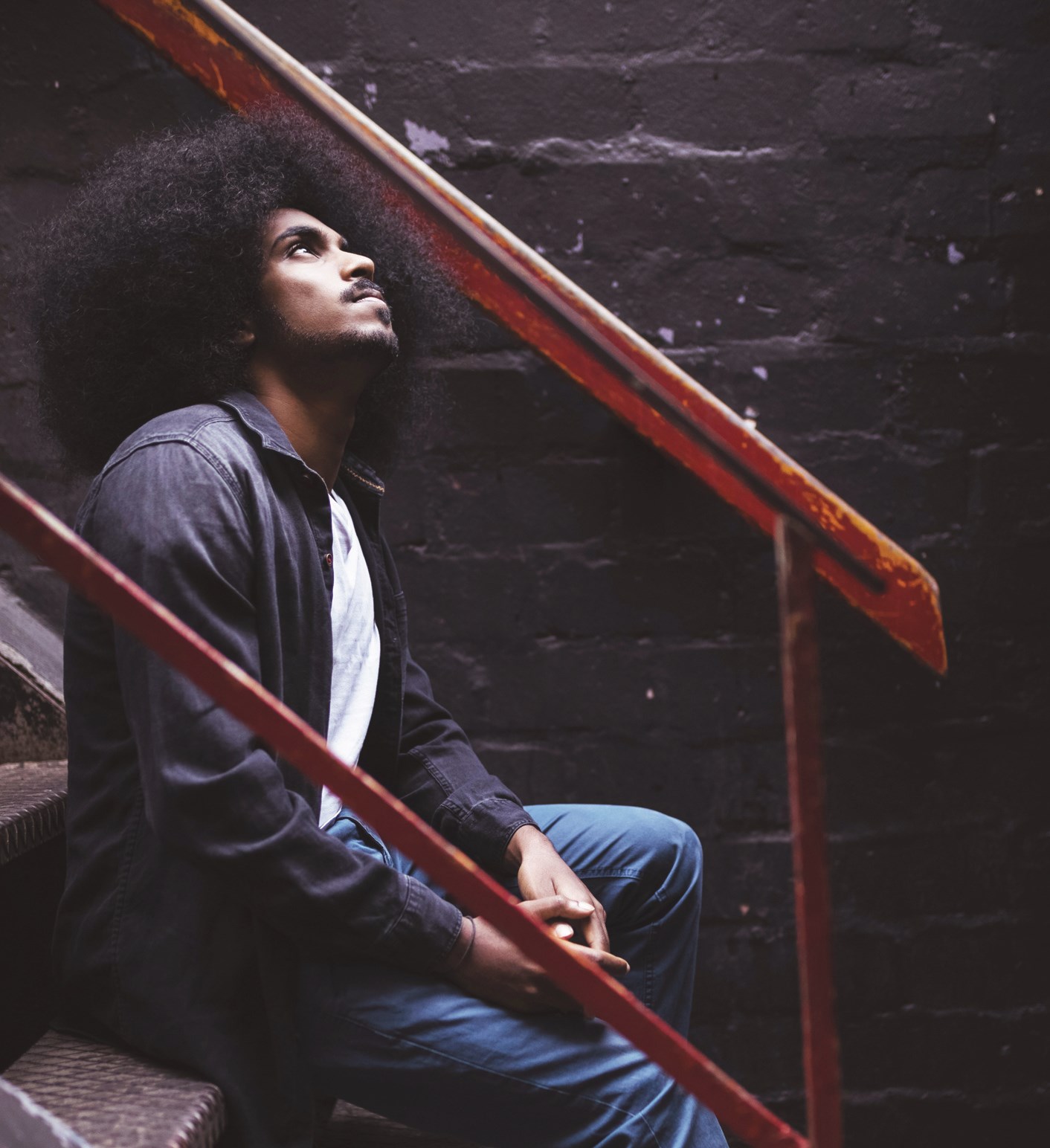
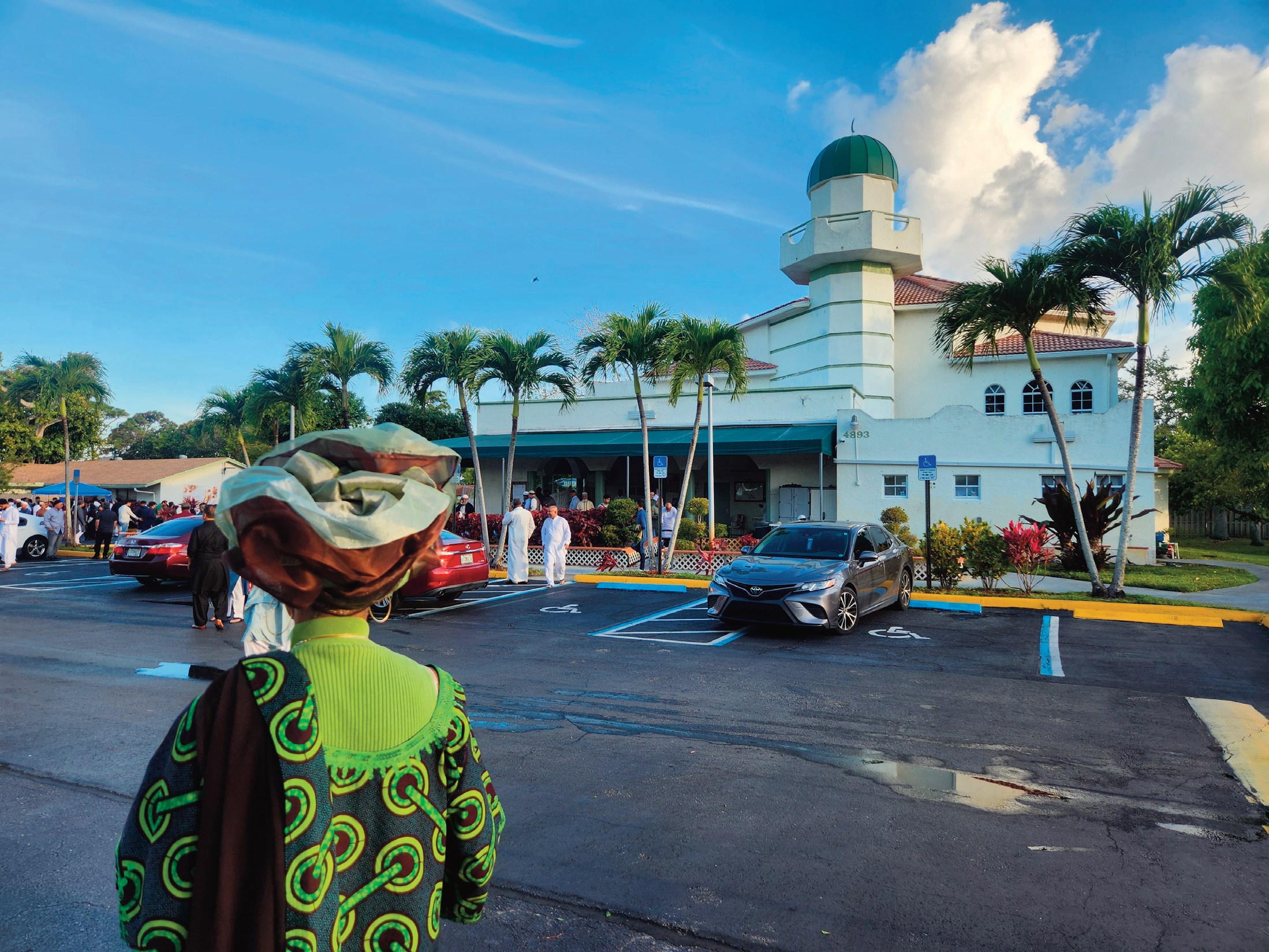



No Comment